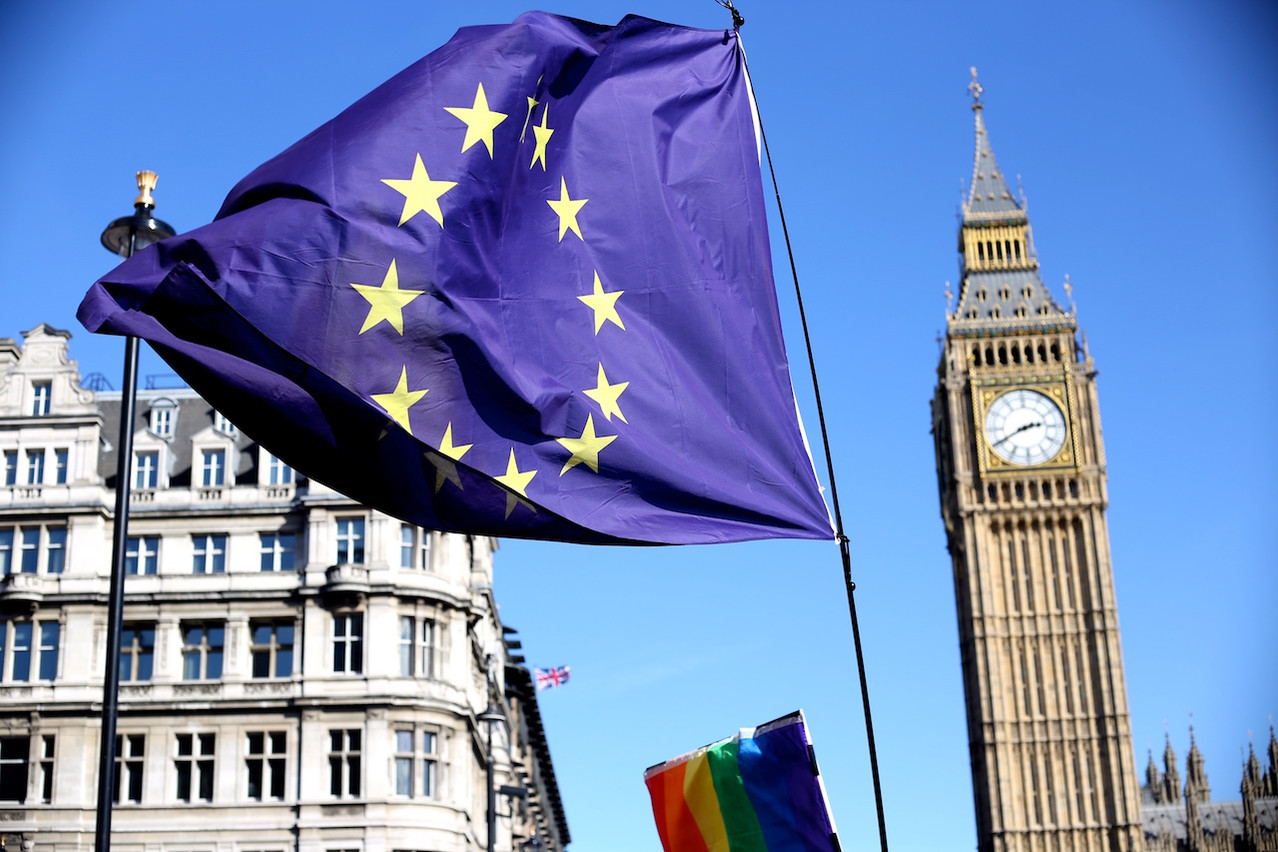UK change of heart over EU migrants’ rights
The British government has announced a significant change of heart over the rights of EU migrants arriving in Britain during the two-year Brexit transition period. The Guardian and Telegraph both call the announcement a significant “climbdown”. The policy revision means that that EU citizens arriving in the UK after March 2019 will have the right to settle permanently in the UK. However, they will have to register within three months of arriving and there will also be a three-month “window” at the end of the Brexit transition period. The change of heart is what the Telegraph calls “a unilateral offer to the EU”, but, British ambassador John Marshall pointed out in a carte blanche article in Delano on Tuesday, the existing agreement on citizens’ rights “is a reciprocal one”; so the hope for many UK nationals here is that the EU will also reciprocte on the British government's new offer.
Irish border question reaction
The stance of the EU’s chief Brexit negotiator on the issue of the border between Ireland and Northern Ireland has dominated the headlines and editorials in the UK and Irish media, as well as further afield. Stephen Collins in the Irish Times says that there is “is poetic justice” in Barnier’s use of the border question as a “central plank in his negotiating strategy”. But the same paper points out that under the plans to avoid a hard Irish border, in which Northern Ireland would effectively remain part of the customs union, details of where customs checks will then take place is not clear. Irish foreign minister Simon Coveney is reported as saying that the EU and UK would have to “figure out the practicalities”. But the Theresa May has already said that “no UK prime minister could ever agree” to Barnier’s proposals.
UK car industry’s Brexit jitters
Forbes cites a UK parliamentary select committee report that says a no deal Brexit “would be hugely damaging to the UK car industry.” The report states that UK based car makers would face tariffs of 10% if the country reverted to World Trade rules. “Most likely this would lead to manufacturing shifting away from the UK to countries remaining in the EU,” Forbes says. With over 30 mass production companies and other luxury marques based in the UK, the car making industry accounts for 9.4% of British manufacturing output. Meanwhile, Reuters reports on an Auto Trader survey revealing that 60% of recent or prospective car buyers have had their decision-making influenced by Brexit, including some delaying a purchase.
Bees need more protection from pesticides
A ban on the use of neonicotinoids in the EU is likely to be extended after the European Food Safety Authority concluded that they represent a risk to wild bees and honeybees. The world’s most widely used insecticide, neonicotinoids have been restricted in the EU since 2013. But the new revelations mean that the member states will now discuss a European Commission proposal to extend the ban. However, the makers of three types of neonicotinoids, chemical giants Bayer and Syngenta, are challenging the current ban at the European Court of Justice.
